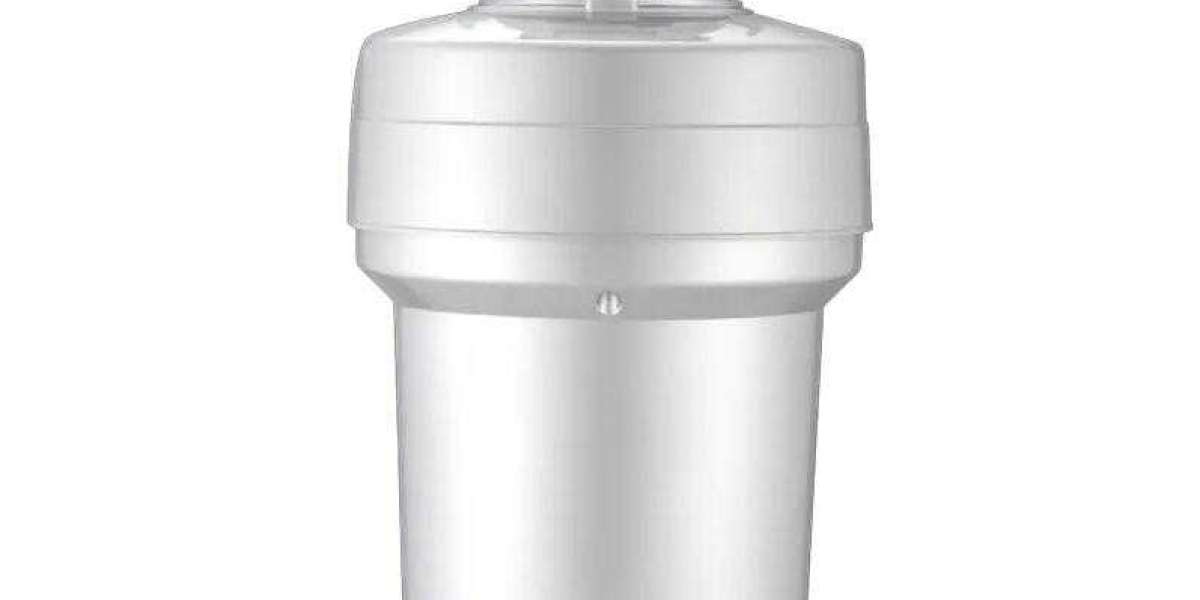When selecting a Household Food Waste Disposer, several factors should be considered to ensure the appliance meets the needs of your kitchen. The choice depends on factors such as motor power, noise level, grinding technology, and installation requirements. By taking these aspects into account, homeowners can find a disposer that suits their lifestyle and enhances their kitchen experience.
- Consider the Motor Power
Household food waste disposers come in various motor power ratings, typically ranging from 1/3 horsepower to 1 horsepower. The higher the motor power, the more efficient the disposer will be at grinding tough food scraps, such as bones and fibrous vegetables. For larger households that produce a significant amount of food waste, a disposer with higher horsepower is recommended. However, smaller households may find that a 1/3 or 1/2 horsepower unit is sufficient for their needs.
- Evaluate the Noise Level
Noise is an important consideration when choosing a household food waste disposer, as some models can be quite loud. If the kitchen is located near living or dining areas, it is worth investing in a disposer with noise-reducing features. Many disposers are designed with sound insulation and anti-vibration components that significantly decrease operational noise. Checking user reviews for noise levels can also provide valuable insight into a model's performance.
- Assess Grinding Technology
The grinding technology used in a household food waste disposer determines how efficiently it can process various types of food waste. Disposers with multi-stage grinding capabilities can handle tougher scraps and produce finer particles, reducing the risk of clogs in the plumbing system. Some disposers also feature reverse grinding mechanisms, which can help clear jams more easily. Understanding these features will help you choose a disposer that matches your disposal needs.
- Check Installation Requirements
Before purchasing a household food waste disposer, it is essential to check the installation requirements for your kitchen. Some disposers are easier to install than others, depending on the plumbing setup and available space under the sink. It is advisable to consult with a professional plumber if you are unsure about the installation process. Additionally, some models may come with quick-mount systems that simplify the installation, making it a more accessible DIY project.
- Consider Warranty and Maintenance
Lastly, consider the warranty and maintenance needs of the disposer. A longer warranty period indicates the manufacturer’s confidence in the product's durability. Regular maintenance, such as occasional cleaning and checking for leaks, will help ensure the disposer functions optimally over time.
Choosing the right household food waste disposer requires thoughtful consideration of several factors. By assessing motor power, noise level, grinding technology, installation requirements, and warranty, homeowners can find a disposer that fits their kitchen setup and waste management preferences.








